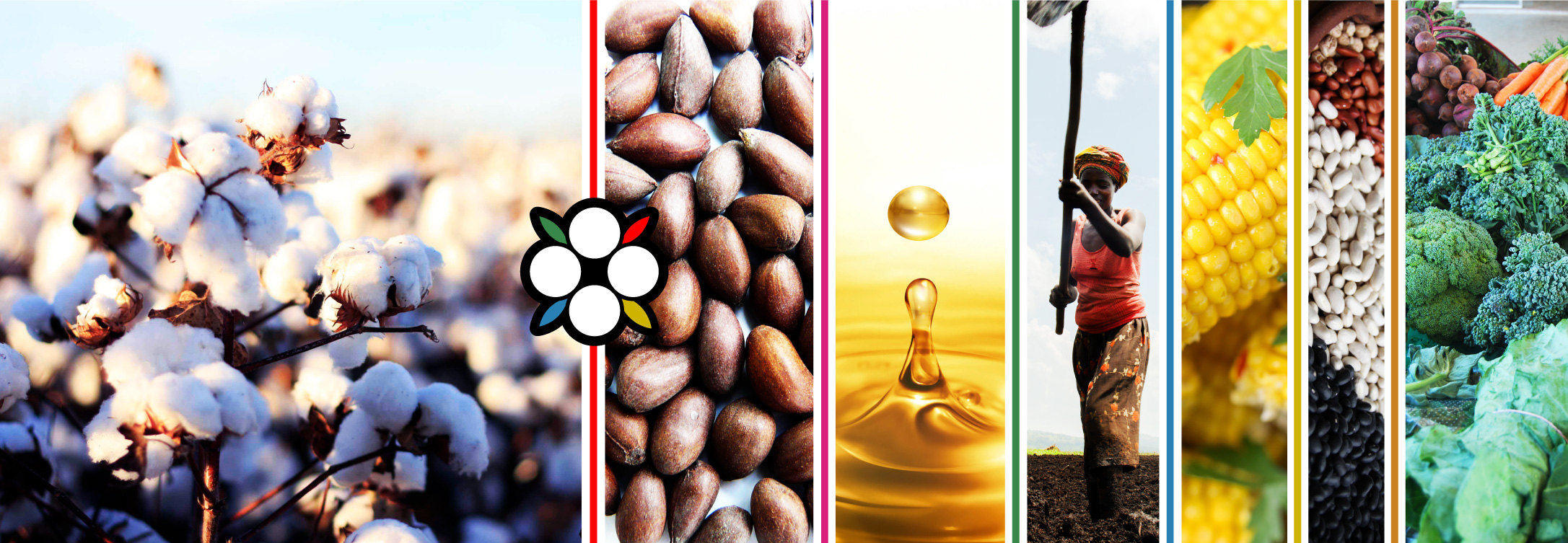
In many cotton-producing countries, the main challenge is to find stable markets for cotton by-products and intercropped food crops. There is a growing and safe market for cotton fibre. However, selling the products (oil and cottonseed meal) and crops grown alongside cotton can be challenging.
The Beyond Cotton project is a joint initiative of WFP Centre of Excellence against Hunger Brazil and the Brazilian Cooperation Agency, with the support of the Brazilian Cotton Institute. Its objective is to support smallholder cotton farmers and public institutions in African countries in linking cotton by-products and intercropped crops – such as corn, sorghum and beans – to safe markets, including school feeding programmes.
The objective is to increase production, local income and food and nutritional security for smallholder farmers.

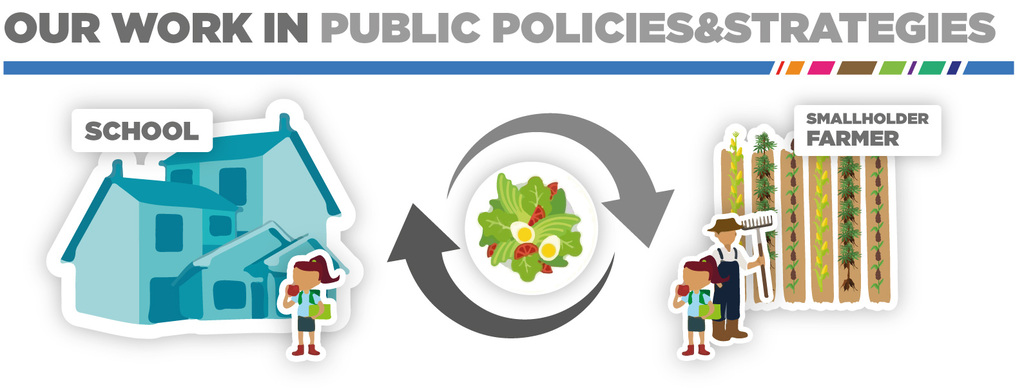




 MOZAMBIQUE
MOZAMBIQUE
![]()
The project in Mozambique aims to support small cotton producers and public institutions in improving access to markets for cotton by-products (such as oil and bran) and associated food crops. The project promotes food and nutrition security and income generation for local farmers.
The project has already carried out more than 250 training activities and actions to improve small farmers’ production systems, strengthening the capacity of more than 247 farmers, with a focus on intercropping cotton and promoting more resilient and healthy food systems.
The importance of cotton in Mozambique goes beyond its weight in the trade balance and in generating jobs in the countryside: throughout its production chain, it generates between 15,000 and 20,000 seasonal and permanent jobs.
In Mozambique, cotton production is predominantly family-based, with around 220,000 producer families in rural areas, benefiting approximately 1.2 million people directly. The commercialisation of seed cotton (raw) is the main source of family income.
Production is mainly concentrated in the north and centre of the country, with around 180,000 hectares. Planting usually takes place between October and December and harvesting takes place between April and June.
Partners
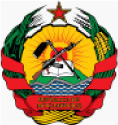
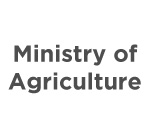
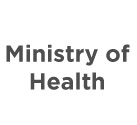
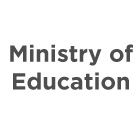
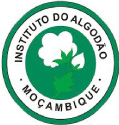
The project in Benin trained a further 1,794 farmers in harvesting, post-harvesting and stock management of maize, cowpeas, paddy rice and milled rice. It also strengthened the capacity of local farmers to produce agroforestry cotton and sustainable agriculture.
The project also supported the country office’s strategy of increasing local purchases for school meals and made it possible to increase local purchases of white maize by 90 per cent between 2022 and 2023, with the prospect of diversifying the food basket supplied by the WFP and increasing the quantities purchased locally in the coming years.
The cotton sector is seen as a strategic tool for fighting poverty and the cotton sector is the basis of the rural economy and agribusiness in Benin, with an estimated contribution of 13 per cent of GDP. This represents around 70 per cent of the total value of exports and 35 per cent of tax revenues (excluding customs).
The commercialisation of cotton seeds brings in more than 70 billion CFA annually for 300,000 farmers, generating indirect income for around three million people. Cotton is grown in rainfed mode by almost a third of Benin’s farmers and occupies around 20 per cent of the cultivated area. The main production areas are in the north and centre of the country.
Partners
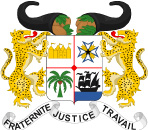
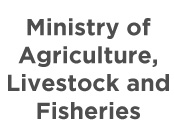

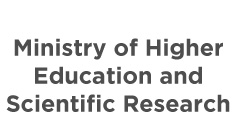
The Beyond Cotton Project in Tanzania began in 2022 and ended in 2023, having benefited around 11,000 cotton farmers in the Mwanza region.
During its execution, through multidisciplinary activities, the project strengthened the capacity of women farmers, farmers and technicians to diversify production by intercropping with maize, beans and sorghum, in order to increase family income and local food security.
In the Misungwi, Kwimba and Magu districts, the following activities were carried out to strengthen agricultural production: training in pest and disease management, production and application of natural insecticides; workshops on seed selection and storage; planting planning activities; and making low-cost handlooms, adding value to cotton fibre.
The project also included training in Food and Nutrition Education on making full use of food and social control of child and adult malnutrition.
In 2024, a brochure was launched with the results and four technical booklets on the themes worked on, such as the seed house, plate cisterns, monitoring and alternative pest and disease control.
Cotton is one of the country’s main cash crops. More than 18 million people (around 40 per cent of the national population) depend on the cotton chain for their daily subsistence.
Partners
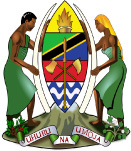



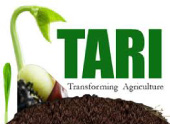
The cotton culture declined significantly after Kenya adopted structural adjustment programmes imposed by the International Monetary Fund (IMF), which resulted in an almost totally open and liberalized regime in the sector and an expressive privatization program. Consequently, there has been a sharp drop in domestic industrial demand for fibre, in addition to a drastic reduction in the budgetary resources available for the promotion of culture and financing of the system. Despite this, the sector was identified as an important future economic factor. According to the country’s Agricultural and Food Authority, cotton production in Kenya can support up to 200,000 farmers, with the potential to benefit eight million people in the areas affected by draught.
In 2019, the Beyond Cotton project team visited the country to share the project’s strategy with potential partners and discuss its insertion in national programmes currently being implemented both by the government and the WFP country office. Since then, WFP Centre of Excellence against Hunger has been talking with the local government about the best way to start the project in the country. After discussions at the XII Brazilian Cotton Conference, the government expressed its commitment to support the elaboration of the Diagnosis of the Cotton Sector in the country.
Partners
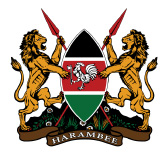
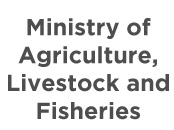


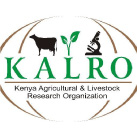
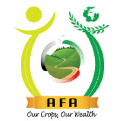
![]()
Albaneide Peixinho
Project Cordinator
[email protected]





